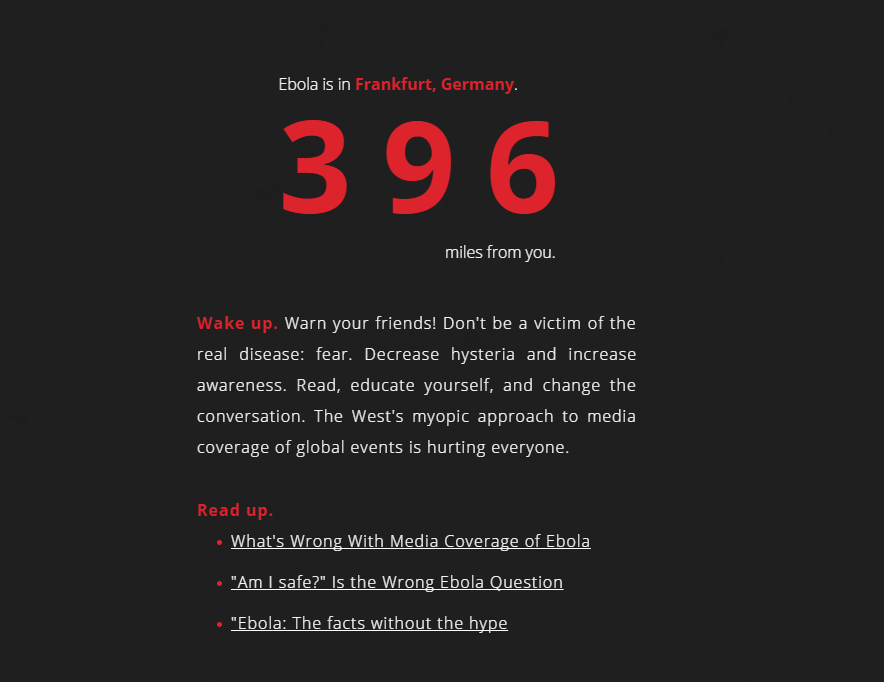Rarely does the word efficiency
come to mind when talking about Airports. But now there is a cutting edge
technology that could revolutionize how airports are run. Remote controlled air
traffic controllers.
This
technology is very limited; it’s only used at a single regional airport in the
back woods of Sweden. But the world has taken notice. Paul Jones, operations
manager at NATS, which provides air navigation services at Heathrow airport in
England (the largest airport in the country), believes that it is the “next big
thing for our industry.” With this development small airports like Ornskoldvik
(the only place where this technology exists) can save hundreds of thousands of
dollars a year. The idea is that controllers from multiple airports will
eventually meet at this central location and do their jobs from a much more
convenient place. This is more cost
effective, takes some burden off of the humans themselves, and also somehow much safer.
How it
works, is that there are a series of cameras at the airport connected to a
fiber optic cable that goes to the new control room where all the controllers
would be located. It gives the operator a 3-d look at the airport as if they
were sitting there themselves! This exciting stuff is just the tip of the
iceberg, apparently there will eventually be an augmented reality headset the
controllers can dawn and control the planes like a 3-d video game. According to
the controllers themselves, they embrace this technology. Mikael Henriksson has
been a controller for 40 years and he says “Controllers are already spending
most of their time looking at a screen instead of out a window,” so they might
as well do it around other people instead of by themselves!
Many of
you are probably thinking, “this could easily get hijacked!” Well you’re wrong.
The data transmitted between the camera tower and the remote control center is
scrambled using dedicated hardware and encryption software, created by Saab, the
automobile maker. If you’re still worried about your safety…its too late. Many of
the large airports already have backup systems that are controlled from a separate
location, so it’s pretty definite that this will eventually be universal.
I don’t
necessarily get why this is such a big deal, but apparently it is
groundbreaking to the airport industry so that's a good thing! Right?
http://www.nytimes.com/2014/10/28/business/international/directing-planes-by-remote-control.html?ref=technology&_r=0
